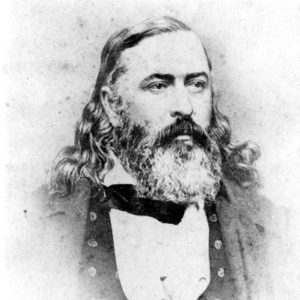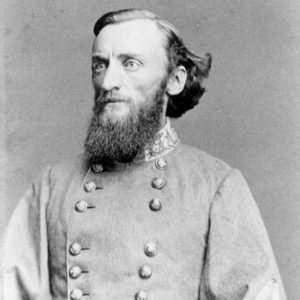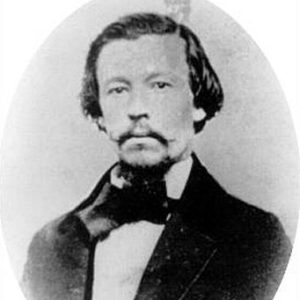By Dr. Curtis Varnell
As an old western observer, I probably have watched far more gun duels than is healthy for any individual. Most of those, including my favorite Gunsmoke, usually included a face-off between two antagonists out to wreck revenge on each other. Perhaps prime entertainment in our lifetime, duels were once a matter of honor and occurred all too frequently in our past. The 1804 duel between Alexander Hamilton and Aaron Burr featured two of our countries founders and ended with the death of Hamilton, a man many felt would have eventually became president. Burr, who had been elected vice-president, lost job and reputation as a result of the fight. Andrew Jackson fought many duels, the most famous involving Charles Dickinson, a man who had insulted Jackson’s wife. Jackson killed Dickinson in the duel but was himself severely wounded. He carried the bullet inside his chest and suffered chronic pain from it for the rest of his life.




Arkansas had its share of duels, many started by events or words that would be deemed insignificant for offense today. A prank, and slight to one’s family, or calling a person a liar or cheat would, and too often did, result in the challenge to a duel. In 1827, Secretary of State (territory) Robert Crittenden and acting governor Henry Conway fought a duel over statements made during a political campaign. Meeting near the confluence of the White and Mississippi river, the two faced off with Conway missing while Crittenden did not. Conway died eleven days later.
During the Civil War, commanding general Lucius Walker ordered several retreats as the Union Army advanced toward Little Rock from Helena. General Marmaduke voiced his disagreement with Walker’s strategy and Walker felt his honor and bravery was being challenged. Both sent friends to discuss the misunderstanding but the friends, without consulting the generals, set up a duel. On September 6, 1863 the two meet just across the Arkansas River from Little Rock and faced off at 15 paces. Both missed the first shot but Marmaduke’s second shot hit and killed Walker. Missing the field general, Commander Price pulled out left Little Rock, essentially surrendering the state capitol without a fight.
One of the more violent and savage duels in the state occurred in Conway county in 1842. Dr. Nimrod Menefee and his former friend and neighbor, Nelson Phillips got into a violent argument which eventually ended when the two agreed to meet in nearby woods and settle their disagreement without anyone else present. As reported by a young man who happened to pass by while the duel was in progress, Phillips fired his gun first and missed. Menifee then fired and shot Phillips in the back. Phillips then pulled a knife and cut Menefee severely in the chest while Menefee defended himself using his empty pistol as a weapon. During the ensuing battle which was reported to have lasted for some period of time, Menefee was stabbed repeatedly and died from the wounds. Phillips, shot in the kidney, died a few days later.
An 1847 duel between Albert Pike and John Roane ended muchmore amiably. Both men exchanged two shots twice with both missing and were persuaded to call a halt to the contest.
They retired to Fort Smith and ended the day drinking and carousing as friends. This was not uncommon in duels. According to Dueling Handbook, only about 20% of those dueling was injured and only 1 in 14 resulted in a fatality. My professor friends from U/A Fort Smith, Tom Wing and Roy Hill conducted their own research on the topic while writing a historical paper. Using old black powder weapons, the two set up targets about 30 foot away. Doing push-ups to stimulate and tire themselves, both men would then stand and fire at the targets. Both are excellent marksmen but still hit fewer than 20% per-cent of their shots. Good odds for survival but not good enough for me! Let’s just skip the dueling part, agree to disagree and be like Albert Pike. Meet me at the Old South to carouse. We will shake hands and I’ll buy the breakfast and coffee. That’s a much more pleasant way to spend the day.





